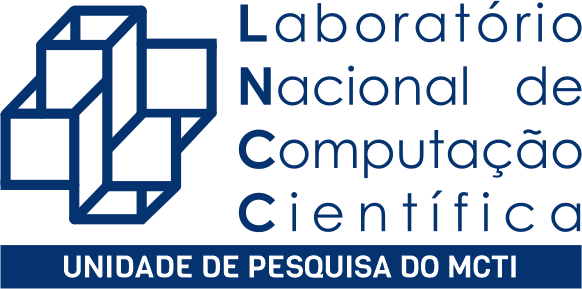EVENTO
Multiscale Modelling Of Failure In Biological Tissues
Tipo de evento: Exame de Qualificação
To gain insight into the onset and progress of some cardiovascular diseases, as well as to propose adequate treatments, a detailed characterisation of the mechanical behaviour of the arterial wall is required.This evolves not only the simple constitutive behaviour of the material, but also evolution processes such as damage, growth, remodelling and, eventually, failure. The classical constitutive modelling approach based purely on phenomenological laws fails in representing entirely such complex phenomena. In turn, the multi-scale constitutive modelling raises as a more rational alternative which allows to naturally account for the micro-mechanical interactions between the basic unit blocks of the biological tissues, such as collagen fibres, pores, smooth muscle cells, etc.Within this context, the thesis proposal consists in the development of a failure-oriented multi-scale theory based on the concept of Representative Volume Element (RVE) in the finite strain regime, targeting the modelling of failure phenomena in biological tissues. The model is based on a generalisation of the insertion-homogenization processes of kinematical entities, which is a crucial concept in multi-scale modelling. At first, the body at the macro-continuum is treated as an homogeneous body each point linked to an RVE in which micro-localisation phenomena is taking place because of damage processes. That is, the macro-scale continuum at this stage does not undergo localisation phenomena. This model stage is referred to as Classical Multi-scale Model ( ClaMM ). When the damage at the micro-scale is severe, the homogenised response at the macro-scale becomes unstable, and a bifurcation criterion is fulfilled which indicates that, at that critical time, a crack needs to be nucleated at the macro-scale, and the former classical constitutive response is replaced by a cohesive constitutive behaviour for the crack surface. At the micro-scale level, this is translated in terms of additional constraints for the displacement field, which yields a different multi-scale model, called Cohesive Multi-scale Model (CohMM). In terms of insertion and homogenisation of macro and micro quantities, the ClaMM inserts the macro deformation gradient in the RVE and returns the homogenised first Piola-Kirchhoff stress tensor. In turn, the CohMM inserts the macro-crack opening displacement in the localised domain at the micro-scale, and, as result, the homogenised cohesive traction vector is returned.Besides the main contribution of the thesis proposal described in the previous paragraph, we highlight some intended complementary contributions, which are: perform fully coupled multi-scale simulations in three-dimensional domains; develop consistent regularisation of specific damage models frequently used for soft tissues; Implement and compare finite element strategies that incorporate strong discontinuities (eg: EFEM,XFEM, Universal Meshes, etc); study impact of uncertainty of damage models and RVE conformation.
Data Início: 13/04/2016 Hora: 10:00 Data Fim: 13/04/2016 Hora: 13:00
Local: LNCC - Laboratório Nacional de Computação Ciêntifica - Auditorio A
Aluno: Felipe Figueiredo Rocha - LNCC - LNCC
Orientador: Pablo Javier Blanco - Laboratório Nacional de Computação Científica - LNCC Raúl A. Feijóo - Laboratório Nacional de Computação Científica - LNCC
Participante Banca Examinadora: Abimael Fernando Dourado Loula - Laboratório Nacional de Computação Científica - LNCC Anne M. Robertson - Pittsburgh University - Gustavo Alberto Perla Menzala - LNCC/UFRJ - LNCC


